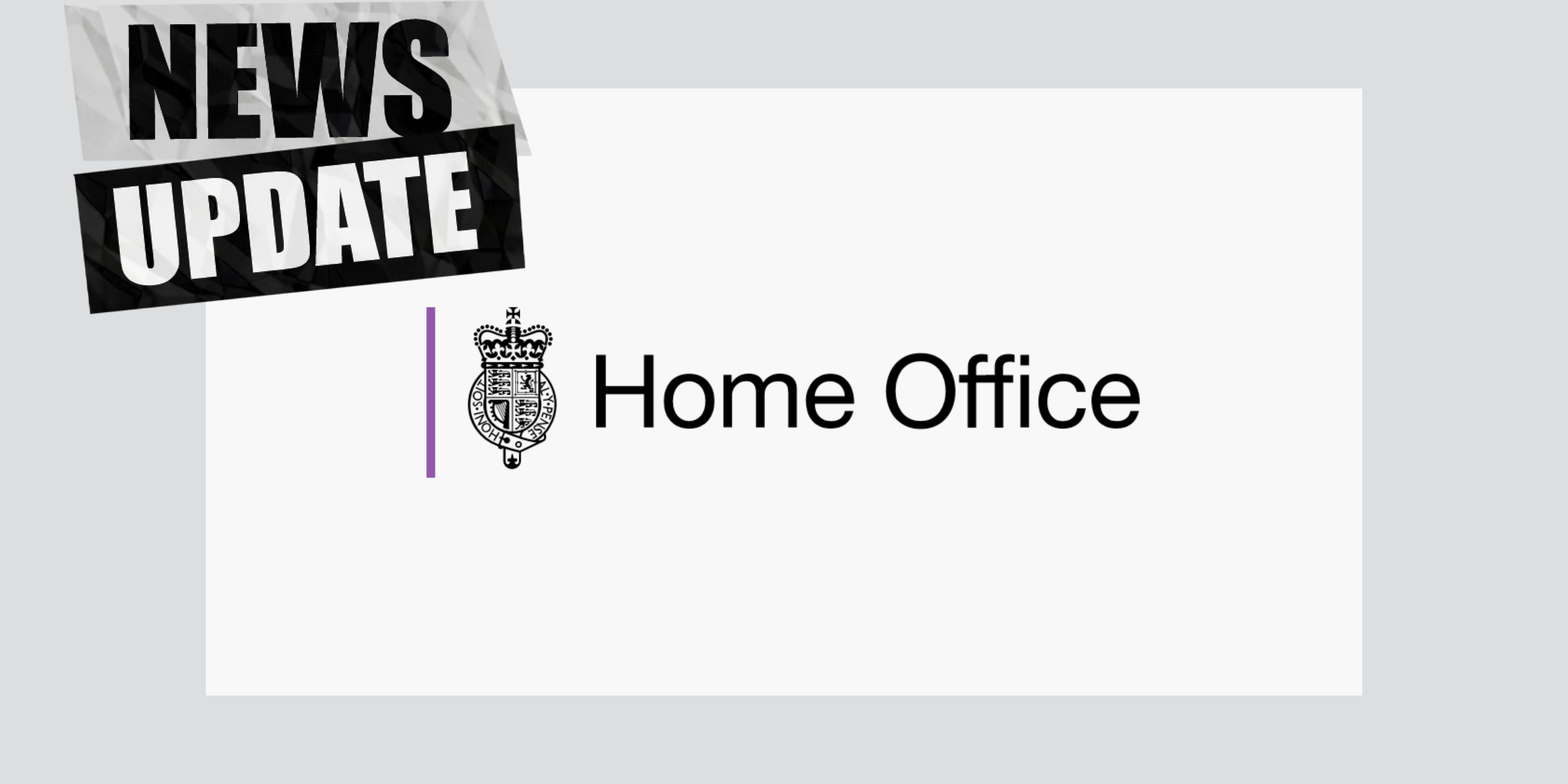Leading UK universities have warned that any move to restrict graduate visas to the “brightest and best” foreign students would damage the university sector, “choke off” life chances and hold back growth. Dame Sally Mapstone, vice-chancellor of St Andrews university in Scotland, which topped the annual Times rankings this year, urged the government to think carefully before further restricting student visas. “The ‘best and the brightest’ has a nice ring to it, but we need to look at the evidence before we make a slash-and-burn decision that could do a huge amount of harm to individuals, institutions and, in the longer term, the wider economy,” she told the Financial Times. Separately, in a letter seen by the FT, the vice-chancellors of 26 northern English universities warned Prime Minister Rishi Sunak that restricting visas further would “adversely impact all of our regional economies”, while “choking off the life chances of thousands of young people”. The universities spoke out as Sunak prepared to respond to demands from the right of the Conservative party to limit the graduate visa route, which allows overseas students to remain in the UK for two years after completing their courses. An investigation into the visa scheme published last week by the Migration Advisory Committee, the government’s independent adviser on the issue, found the programme had not been abused as a backdoor entry route. But, it noted, two-thirds of visas had gone to universities outside the Russell Group of 24 elite universities since the scheme was introduced in 2021. The findings have fuelled calls from Tory rightwingers, including former immigration minister Robert Jenrick, who quit Sunak’s government in December, to abolish the route because, they said, it put pressure on housing and was attracting low-grade candidates. However, the committee found that international graduates earned at equivalent rates to domestic counterparts, were net contributors to the public finances and provided vital cross-subsidy to the sector after a decade-long freeze in tuition fees. Sunak is expected to deliver his verdict on the MAC report on Thursday when the latest UK legal net migration figures will be published. Government insiders said despite opposition from cabinet ministers, including the chancellor and education secretary, Number 10 was considering limiting visas to the Russell Group universities or highly ranked institutions. However, Mapstone said such restrictions failed to understand the broad contribution of international students to the sector, while those from poorer countries might be “bright” but unable to afford expensive fees. “The system is not perfect, and where there are problems, they should be fixed. But further restrictions would seem to be a profoundly blunt instrument being applied to a complex problem,” she added. In their letter, vice-chancellors from north of England universities including Durham, Sheffield, York, Teesside, Sunderland and Liverpool warned there had already been falls of up to 80 per cent in international student applications to some areas due to uncertainty over visa policy. A “sudden and adverse financial contraction” from restrictions would “lead to an inevitable contraction of the capacity of our brilliant northern universities in terms of both teaching and research”, it said. “This will in turn adversely impact all of our regional economies, stifling skills, innovation and productivity and choking off the life chances of thousands of young people,” the letter added. James Purnell, vice-chancellor at the University of the Arts London, a top-two institution for art and design in the QS global rankings, said academic grades were not the right metric to assess students in that field. “We use portfolios to assess students — we don’t use grades like other generalist universities do. The ‘brightest and best’ are not simply those that go to Russell Group universities,” he added. Sir Peter Mathieson, vice-chancellor of Edinburgh university, a Russell Group member, said using rankings to determine visa eligibility showed a failure to understand the variety within the UK university offering. “It would be very divisive and damaging to the reputation of the UK internationally. University rankings are based often on research excellence not on educational achievements. League tables are definitely not the answer,” he said. Phil Baty, chief global affairs officer of the Times Higher Education world university rankings, said league tables were never designed to be used for immigration and visa decisions. “The data used in our rankings shows that excellence comes in many diverse forms,” he added.
Student visa curbs are ‘blunt instrument’, warns St Andrews vice-chancellor
Peter Foster in Brighton and Jennifer Williams in Manchester

Similar blog posts
View more blog posts
Hostility to international students is partly about the rate of expansion
It can feel baffling for those that see international recruitment as a UK success story.
View blog post
Home Secretary unveils plan to cut net migration
The UK Government will introduce a plan to deliver the biggest ever cut in net migration and curb abuse of the immigration system.
View blog post
Is technology the ticket to bridging the £17bn gap in university income?
UK universities are set to lose more than £17bn in real income over the next four years as persistent inflation erodes the value of tuition fees, according to newly released research.
View blog post